REG Reviews – August 2022
In August we saw an eerie confession from a Google employee, one specific country set to dominate the metaverse economy and REG host a Networking Event all about young people in insurance...

Last month we finally confirmed the changes to the Appointed Representative regime, saw insurers reviewing policies in the wake of ‘warlike’ cyber attacks and understood why the Insurtech sector is suffering from an investor confidence dip.
Read these articles and many more, along with our usual updates from REG and the Regtech sector.

020 3946 2880

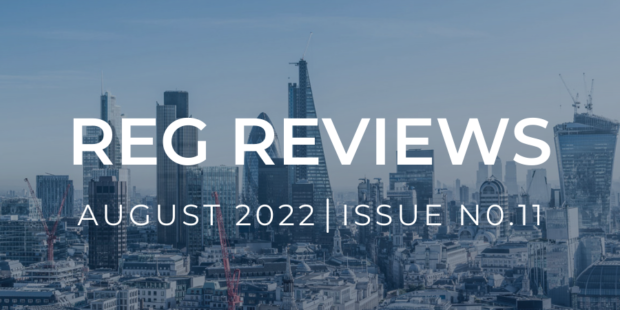
In August we saw an eerie confession from a Google employee, one specific country set to dominate the metaverse economy and REG host a Networking Event all about young people in insurance...

In July we saw the theft of $100M worth of crypto, the FCA's heavy fine for a London market broker and WTW's new prediction tool...
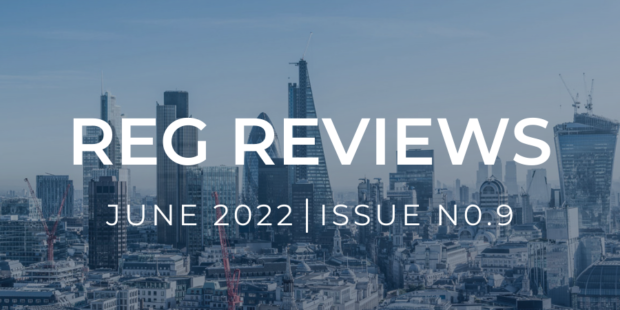
Last month we discovered the importance of climate change in the insurance world, saw the FCA in 'deep crisis, AI's use in tackling wildfires and Allianz's guilty plea. Read these articles and many more, along with our usual updates from REG and the REG Tech sector....
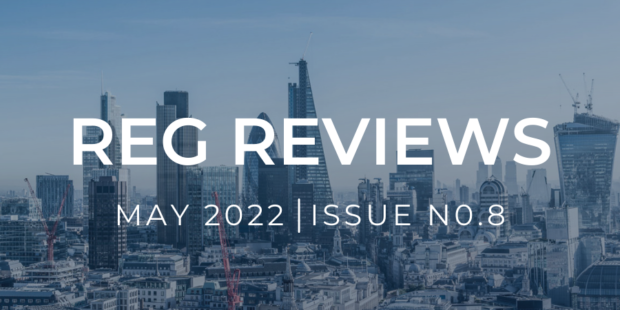
This month we discover Aviva's AI partnership, insights on car insurance prices and the FCA's staff strike...
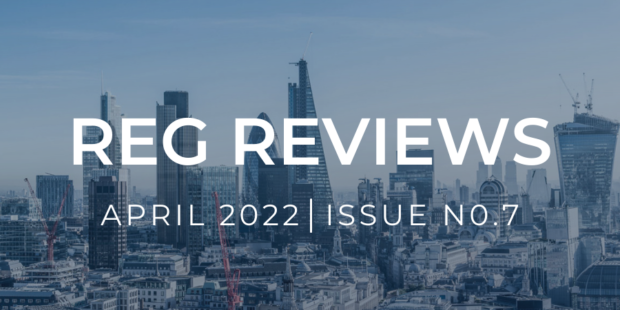
This month we look at the largest fine Lloyd's have filed in 336 years, warnings regarding Russian computer technology and REG welcomes three new employees...

This month we look at cloud-based technology and the £250 million deal for Freeway with Sabre...
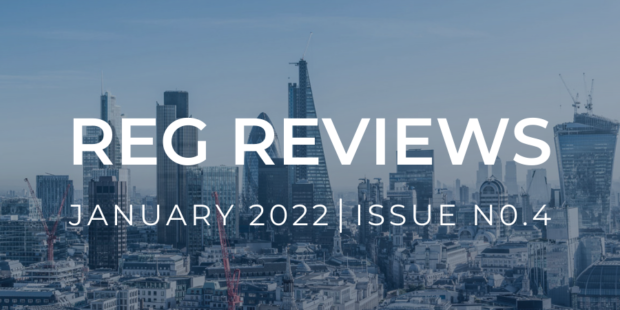
This month we look at HSBC's fine for AML failings, and the effect of the FCA on motor insurance premiums...

This month we look at the urgent call for digitalisation in the insurance industry and developments in the Natwest anti money laundering case...

This month we look at the NatWest money laundering case, growing concerns for the Insurance industry and a "Ghost" broker jailed in Cambridge...

This month we look at FCA fines and the insurance market reaction to new money laundering regulation...